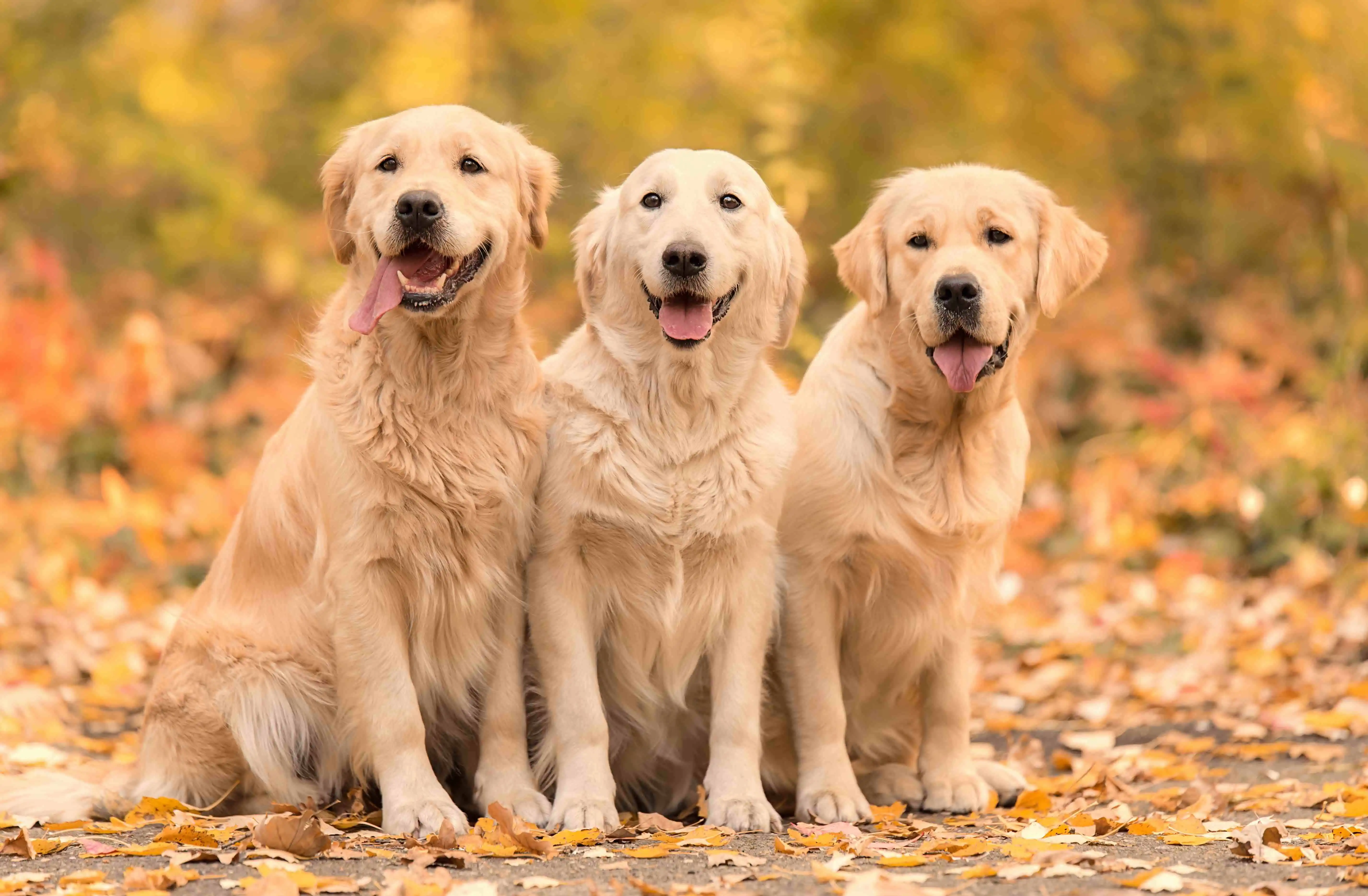Golden Retrievers: A Complex Dynamic with Other Animals
Introduction: Thesis Statement
Golden Retrievers, renowned for their amiable dispositions and affectionate nature, often interact with other animals in their environment. However, these interactions are not always straightforward, as Golden Retrievers possess unique behavioral traits that can influence their relationships with other species. This essay will critically examine the complexities of these interactions, exploring the factors that shape them and their implications for responsible pet ownership.
1. Social Behavior and Temperament
1.1. Inherent Sociability
Golden Retrievers are inherently social creatures with a strong affinity for companionship. Their friendly demeanor and eagerness to please make them highly receptive to interactions with other dogs, humans, and even unfamiliar animals.
1.2. Playfulness and Energy Levels
Golden Retrievers are known for their boundless energy and love of play. Their playful nature often leads them to engage in games, chase, and mock fights with other animals, especially dogs of similar size and temperament.
2. Breed-Specific Traits
2.1. Breed History and Purpose
Golden Retrievers were originally bred as hunting dogs, responsible for retrieving downed game. This history has influenced their behavior, giving them a natural instinct to chase and retrieve objects, which can be expressed in interactions with other animals.
2.2. Prey Drive
Some Golden Retrievers also exhibit a prey drive, which can result in chasing or attacking small animals such as cats, rodents, and birds. Understanding this trait is crucial for preventing unwanted behaviors.
3. Environmental Factors
3.1. Socialization and Training
Early socialization and appropriate training play a vital role in shaping Golden Retrievers' interactions with other animals. Exposure to a variety of animals in a controlled setting helps them develop appropriate social skills and reduce fear or aggression.
3.2. Owner Behavior and Expectations
Owners' behavior and expectations significantly influence how Golden Retrievers interact with other animals. Owners who encourage appropriate play and interactions while discouraging unacceptable behaviors set the tone for their pets' social demeanor.
4. Perspectives and Challenges
4.1. Cohabitation with Other Pets
Golden Retrievers can happily coexist with other pets in the same household, provided they are properly introduced and supervised. However, introducing a new animal can disrupt established relationships and introduce potential conflicts.
4.2. Interactions with Stray Animals
Unsupervised interactions with stray animals, particularly those that exhibit aggression or territorial behavior, can be risky for Golden Retrievers. Owners must be vigilant in controlling their pets' interactions in public spaces.
4.3. Ethical Considerations
Responsible pet ownership involves respecting the well-being of both Golden Retrievers and other animals. It is essential to ensure that interactions are respectful, non-threatening, and enjoyable for all parties involved.
5. Conclusion: Summary and Implications
Golden Retrievers' interactions with other animals are complex and multifaceted, influenced by their inherent sociability, breed-specific traits, environmental factors, and ethical considerations. By understanding these complexities, owners can foster positive and enriching relationships between their pets and other creatures. Responsible socialization, training, and supervision are crucial for ensuring the safety and well-being of all involved animals.
Furthermore, these findings have broader implications for animal welfare and responsible pet ownership. By promoting harmonious interactions between Golden Retrievers and other species, we create a more compassionate and respectful environment for all living beings.
What Makes German Shepherds So Loyal? Fun Facts You’ll Love
Golden Retrievers: Why They Make Great Outdoor Adventure Companions
Do Labrador Retrievers Make Good Guard Dogs? Here’s The Truth



